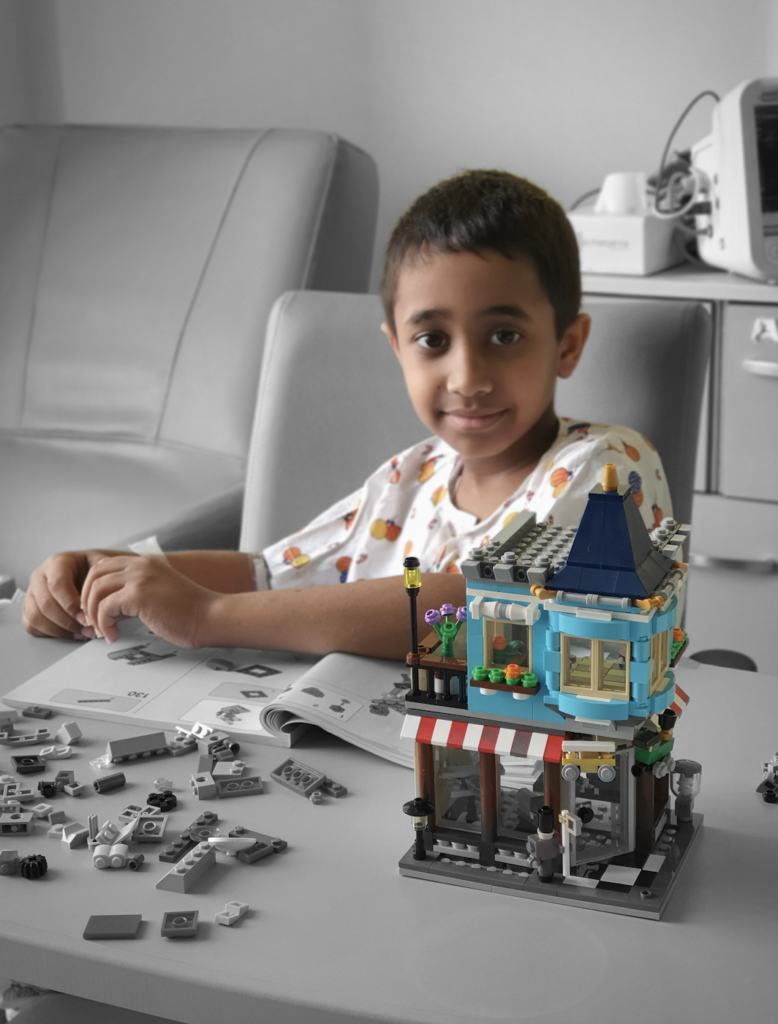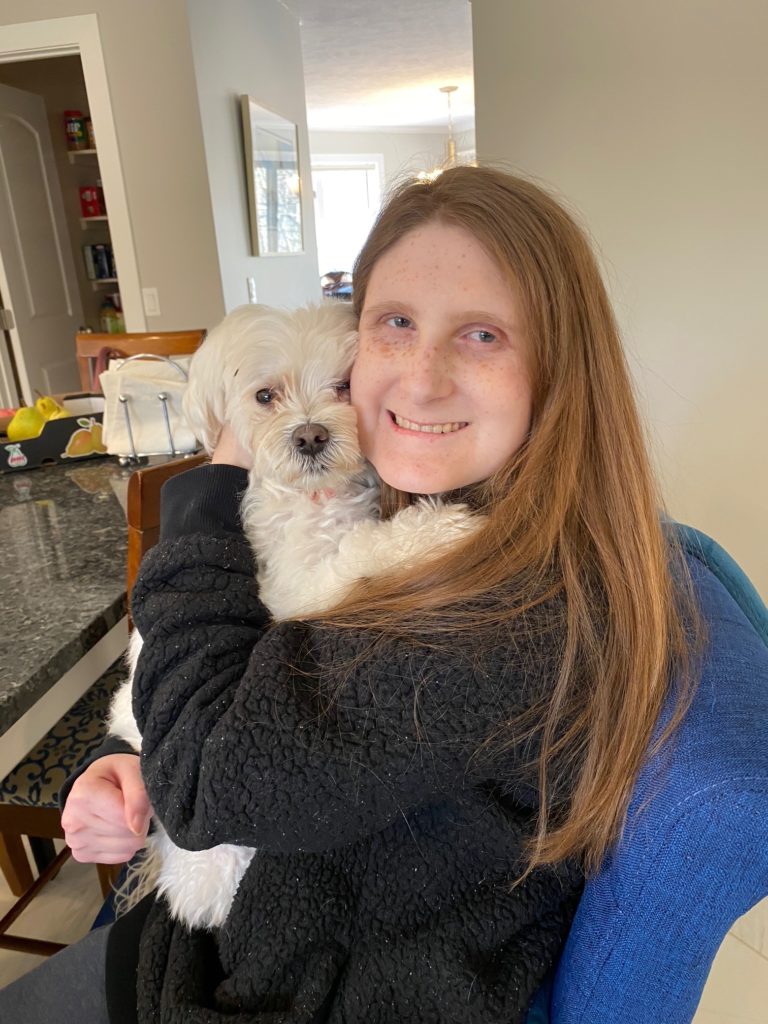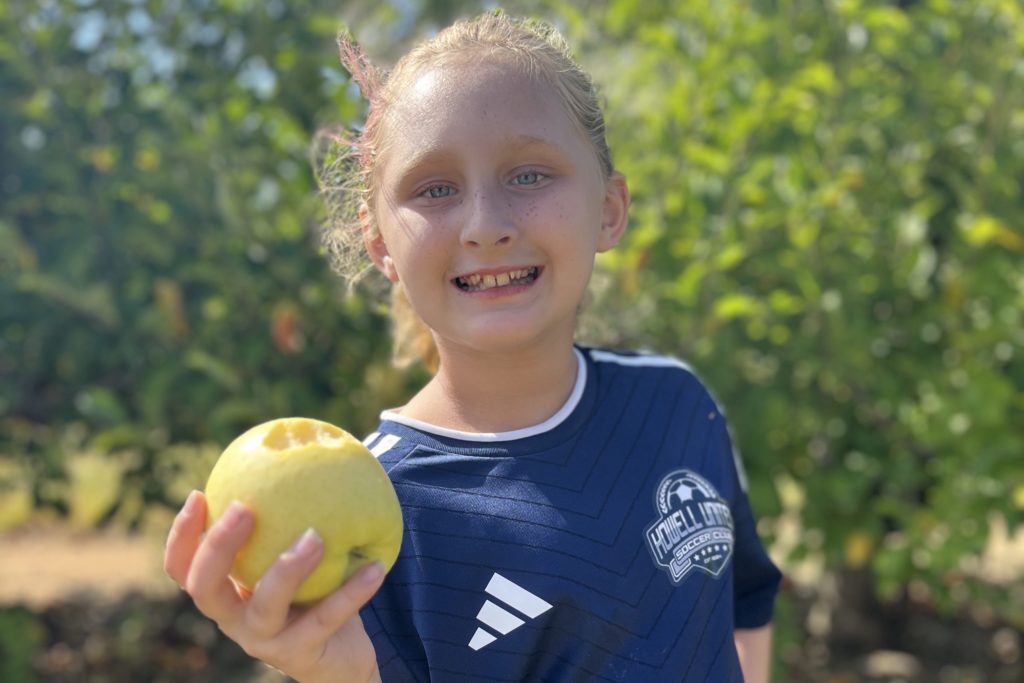Hello, this is FA Adult Council member Lexi Marshall with a recap of the FA Adult Retreat in Charlotte, North Carolina.
To back up, I attended my first FA Adult Retreat and Scientific Symposium as a newly diagnosed person with FA three years ago in Austin, Texas. As you might imagine, walking in not knowing a single person in the community was intimidating. But I had no reason to fear, because the welcome I received was so warm it nearly lit me on fire. The likes of FCF board members Will Bloxom and Jasmine Bennetsen, and FA Adult Council member Fatma Issak embraced me wholeheartedly, and I instantly joined the family. That’s the amazing part of this community—no matter how FA has affected your life, you will be welcome.
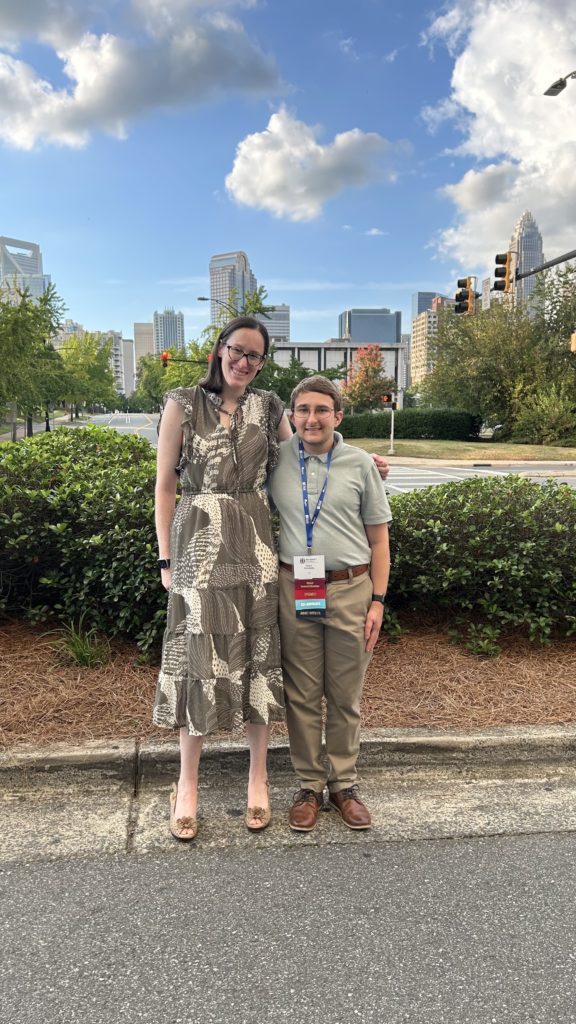
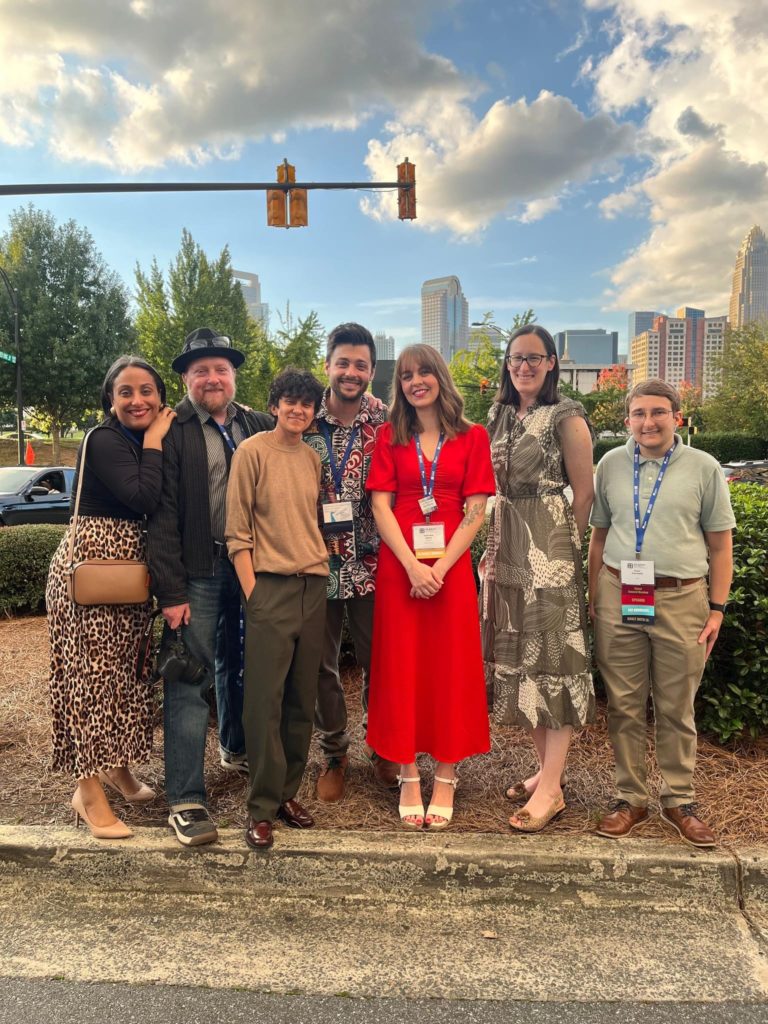
But it wasn’t just the fellow patients who made my trip a success. A huge reason I’ve come back to Vancouver and now Charlotte is to interact with the researchers and clinicians who dedicate their lives to changing the course of FA.
Learning about advancements in bone marrow transplant techniques with reduced toxicities, the start of gene therapy research in the oral mucosa, the work being done to identify the causes of cancer in FA and potential targeted preventive therapies, as well as the integration of psychosocial research into future clinical studies, fills me with hope—as it should for every family affected by FA.
This year included a talk by one of our own from the FA family, patient and researcher Evan Connelly, who spoke about his development of computational models that can be used to find and diagnose FA patients who might otherwise be missed. Evan said, “I feel incredibly honored to be chosen to present my work in front of the physicians and researchers who have made an immeasurable impact on my life. The collaboration between patients and researchers is powerful, and I encourage other FA adults to explore FA research.”
The unique opportunities for patients and families to interact with researchers are uplifting and energizing. Late-night walks around town and friendship bracelet-making have fostered a relationship between many of the adults with FA and researchers from the Laboratory of Genome Maintenance at Rockefeller University. Graduate fellow Marian Okondo said, “The highlight [of the symposium] has always been the adults with FA, whom I now consider my friends. I have learned the importance of resilience, kindness, and most importantly, joy in everything I do while spending time with them.
“Additionally, having the opportunity to meet established FA researchers whose work has laid the foundation for my current research was the cherry on top. I received valuable feedback on my work and gained insights into career options as an FA researcher. This whole experience has given my work as an early FA researcher meaning and has provided me with a bigger sense of purpose being part of the collective group of individuals with FA, caregivers, researchers, and clinicians.”
These treasured friendships now extend beyond the FCF events. From grabbing lunch when we’re in town for appointments at Memorial Sloan Kettering to hitting up the U.S. Open, forming relationships with the researchers who work hard at the lab bench is so important to help them see us as more than just our disease.
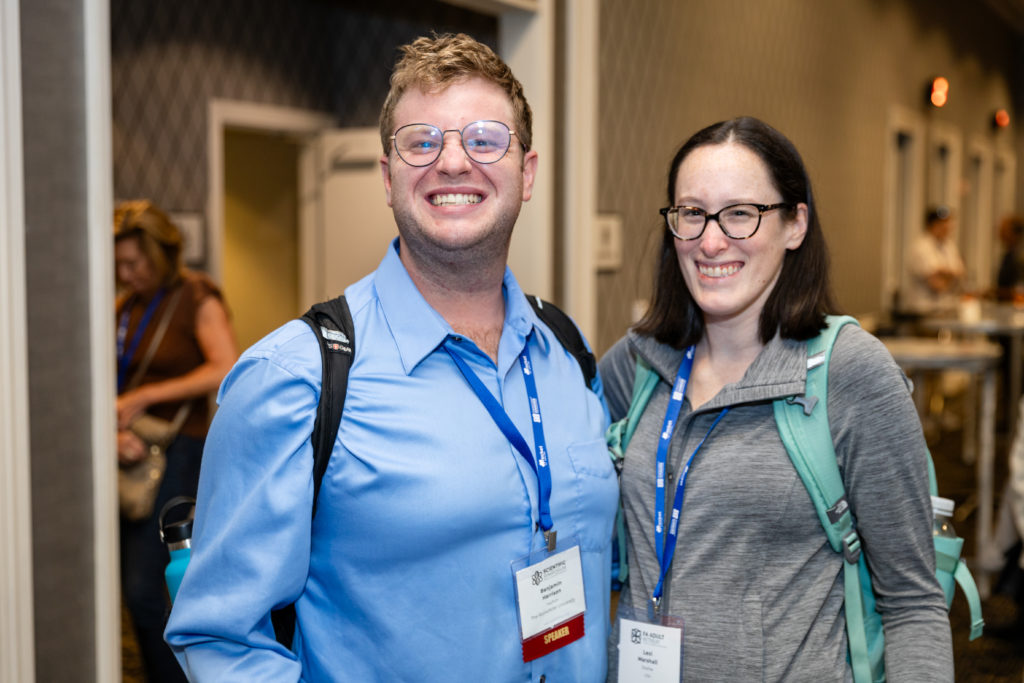
This year, I was determined to give back to the community that gave me strength when I needed it. I currently sit on the FA Adult Council, through which I had the opportunity to speak on a panel with Evan and Kim Connelly about the transition to taking control of your care as an adult, advocating for yourself in the medical setting, and techniques for keeping up with all of the screening protocols, appointments, and latest research/trials in addition to our already busy lives.
Feedback from the session was positive, with tips and tricks shared by all. On the symposium side, it was awesome to see my fellow FA adults like Jason Brannock, Jasmine Bennetsen, Dexter Sherrell and Egil Dennerline share their experiences with cancer and psychosocial research directly with the scientific community.
Bringing scientists, Fanconi anemia patients, and their families together at the FCF symposium created a unique opportunity for patients to participate in various oral brush biopsy studies. This included one conducted through Rockefeller University, focusing on finding molecular biomarkers in normal-appearing oral mucosa to advance preventive therapies research.
Research fellow Tamar Berger noted, “Without this conference, we would not have been able to collect so many valuable samples. This annual gathering not only allows us, as scientists, to collaborate meaningfully with our peers, but most importantly, provides us with close interactions with patients and their families that inspire us to drive our research even further.”
I certainly appreciate the effort these researchers put in to bring their screening tools and brush biopsy sample kits to meet us patients where we are. Plus, the German chocolate as our reward is always a highlight.
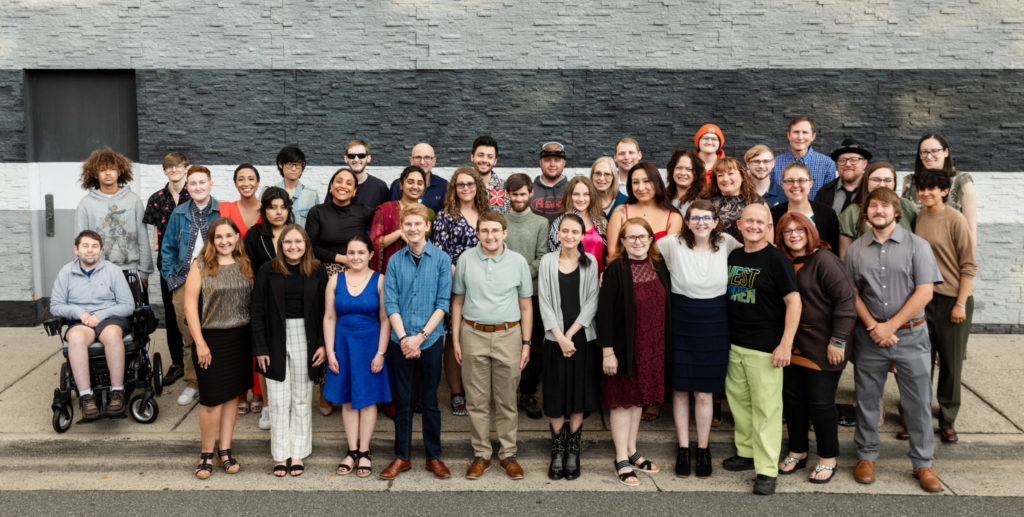
Finally, I enjoyed participating in the mentorship lunch, serving as an advocate for FA patients and families while young investigators got to bounce ideas off of established mentors in their respective fields and receive advice. The accomplishments of the past 40 years in bone marrow transplants have been astounding, and I can see the future is in good hands as they tackle the next set of challenges that we, as patients, face: cancer.
FCF board member Tracy Strimling calls the event magical and notes, “The opportunity to introduce new researchers to FA adults and their families is crucial. It’s harder to view them as statistics if you’ve looked them in the eye. Hearing their hopes and dreams, their fears and their gratitude can be the surest way to land on the ‘Why’ of it all.”
Once again, the FA Adult Retreat and Scientific Symposium was a success, and I would highly encourage any adult with FA to join us next year in Minneapolis. You’ll walk away with education, the opportunity to participate in research studies, and the chance to connect (and reconnect) with your FA family. And not just those in the US! We come together from the UK, the Netherlands, Denmark, South Africa, and more.


